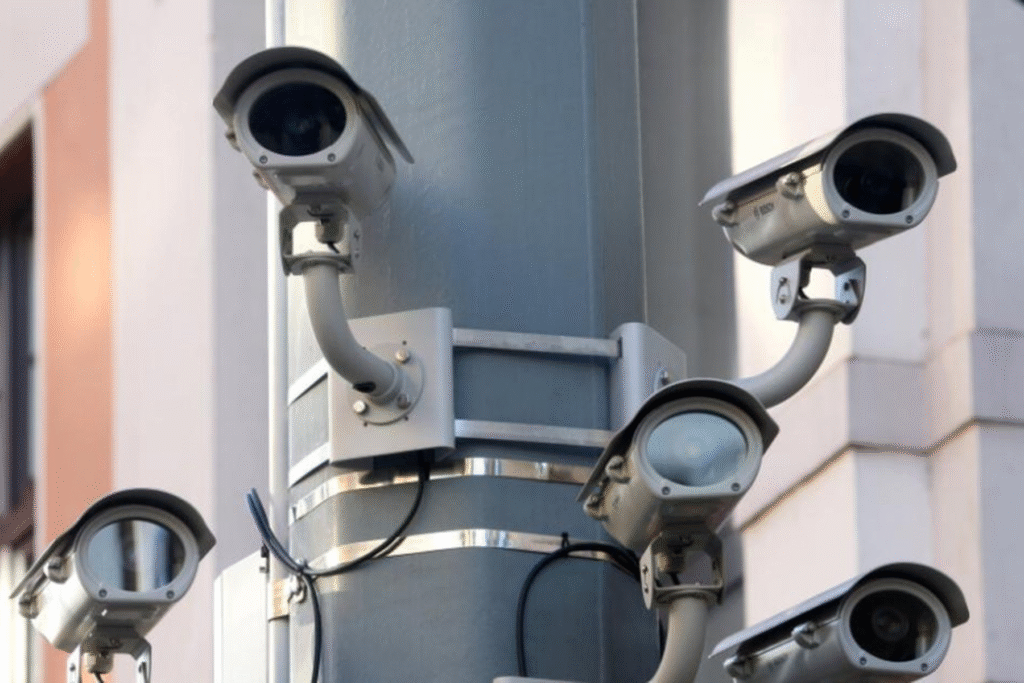
Video surveillance at locations potentially affected by crime will be made easier. This is provided for in a new decree by the Interior Ministry. As Minister Gerhard Karner (ÖVP) emphasized in an APA interview, the police should receive up-to-date and modern powers. Currently, video surveillance in Austria exists only at 20 locations, such as Reumannplatz in Vienna and Jakominiplatz in Graz. In the future, it could be used at a three-digit number of locations.
Currently, the possibilities are still limited. Video surveillance can only be used in public places where dangerous attacks have already occurred. The new decree expands this option to places where “based on the security police assessment of the situation and a risk forecast, there are indications of future dangerous attacks or identifiable criminal structures.”
This expansion, as Karner emphasizes, also corresponds to a request from cities and municipalities. In close coordination with them, the police will also determine where additional surveillance can be introduced. At present, there are places with video surveillance in seven federal states, but not in Vorarlberg and Burgenland.
Storage period remains at 48 hours
The storage period for the recordings will remain at 48 hours. As part of police operations, there will be no permanent “monitoring” at the surveillance locations. Live transmission will only take place at certain times, particularly during targeted operations.
The fact that, despite the recent knife ban at Yppenplatz in Vienna-Ottakring, a stabbing recently took place there does not cause Karner to doubt the measure. If the police say that the ban makes it easier to “move in robustly” at such locations, the police should also be given that opportunity. That the incident still occurred, Karner assessed as follows: “If something is banned, unfortunately that by no means guarantees that it is thereby prevented.”
Knife bans to be expanded
In principle, the interior minister sees an expansion of the ban as part of the strategy against youth crime, which they want to advance in the autumn. This is also stated in the government program. Other planned measures in this context include “prison-like stays” for under-14-year-olds who have embarked on a criminal career.
It may take a while longer for the tightening of gun laws that the government announced after the rampage at a school in Graz: “I certainly understand some impatience in this area, especially in Graz.” But proposals from various organizations are received practically every day, and these should be incorporated into the planned amendment.
Karner against retroactive gun law
The “guidelines” for the tightening should in any case be those points that have already been established by the Council of Ministers. Among other things, the minimum age for acquiring particularly dangerous weapons is to be raised and data exchange between authorities improved. Karner does not support the SPÖ’s call for a retroactive regulation. He points to the unanimous decision in the Council of Ministers, which contains no such clause. Asked whether an agreement would be reached before the end of summer, he said: “I am very much in favor of giving priority to quality over speed here. The experts are working flat out.”
There will be no messenger surveillance for “ordinary” crimes, as some parts of the police desire, in the foreseeable future: “We have to implement the things that were agreed in the government program,” he says, indirectly referring to the coalition partner’s opposition on this point. That the surveillance of dangerous individuals was achieved at all after years of discussion can, according to the minister, be considered a milestone. Implementation will now follow. However, it will only start in 2027. The interior minister left open when a decision will be made on which software will be used.

